The STEM Power Pair: "Our app is supporting people in need"
It's Women in Tech week at Marie Claire, and we're sitting down with the female trailblazers making waves in STEM. Next up is Dr Rayna Patel and data scientist Georgina Kirby – the brilliant brains behind AI cancer care app, Vinehealth
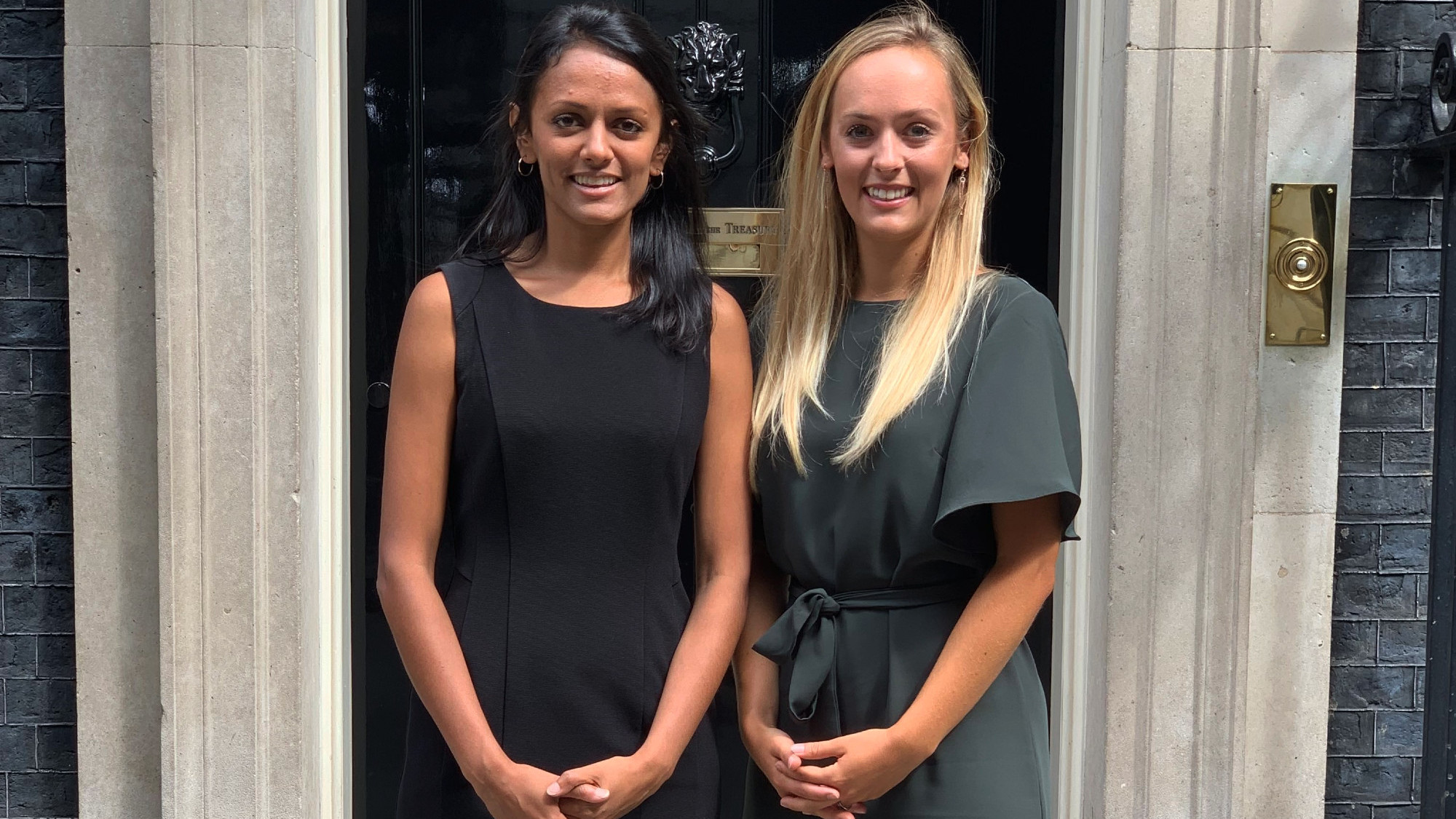

It's Women in Tech week at Marie Claire, and we're sitting down with the female trailblazers making waves in STEM. Next up is Dr Rayna Patel and data scientist Georgina Kirby – the brilliant brains behind AI cancer care app, Vinehealth
When Dr Rayna Patel and data scientist Georgina Kirby decided to set up AI cancer care app Vinehealth, they wanted to support people. Not just any people - people living with cancer at a time when they may feel isolated and unsupported by the healthcare system.
They knew their experience could empower people with cancer. Rayna was an NHS doctor and Georgina a data scientist. And so they set about transforming their lives, putting cancer patients back in control of their treatments.
Here, they explain how it came to be.
Introducing Vinehealth: the app transforming cancer patients lives
What inspired you to follow a career in STEM?
Georgina: "I quickly realised I wanted to use my technical skills to improve healthcare across the world and have an impact on the lives of people going through life-changing diseases, so I joined a tech start-up before meeting my co-founder Rayna, at talent investors Entrepreneur First, where we founded Vinehealth.
"I always loved technology but never knew the career options that were open to me. Thankfully, I did work experience at 16 and spent a week with the McLaren F1 Racing team. I left feeling really inspired and kept in touch with my mentor there ever since. But having studied straight mathematics at University I was told my two career options were banking or accountancy; great careers but not related to the things that inspired me or the areas where I wanted to make an impact.
"So, I got in touch with my mentor at McLaren and asked if he knew of any career routes for a non-engineer and sure enough, he put me in touch with one of my main female role models in tech, Caroline Hargrove (who at the time was one of two technical females at McLaren Applied Technologies and is now CTO at Babylon Health). I fell in love with Data Science as soon as I started working for Caroline and worked on some of the most impactful projects in healthcare, energy, transport and more; the aim was to use F1 technology to turbocharge other industries."
Marie Claire Newsletter
Celebrity news, beauty, fashion advice, and fascinating features, delivered straight to your inbox!
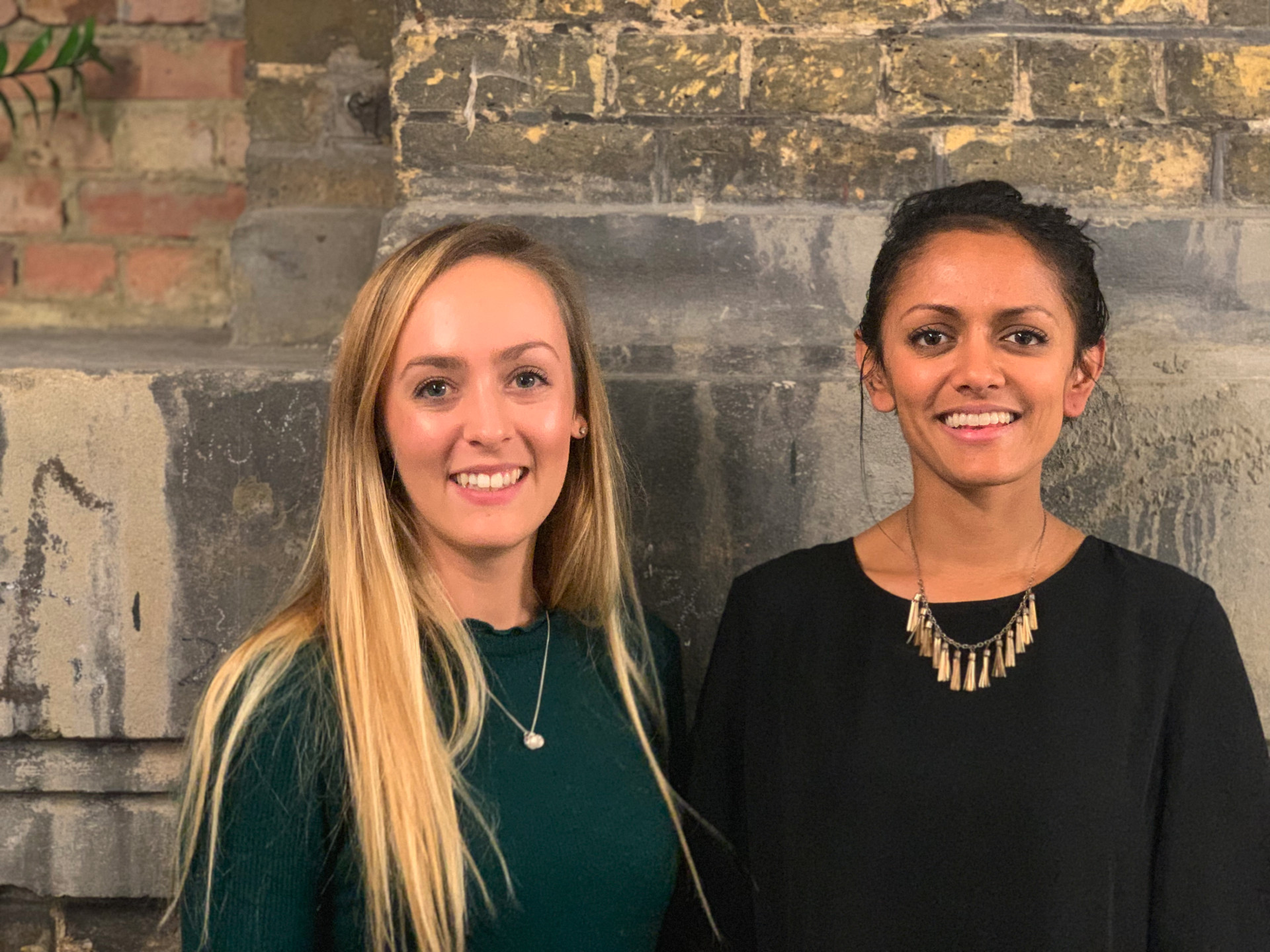
Tell us more about Vinehealth and how you turned it into an app?
Dr Rayna: "When Georgina and I met, we’d seen the same problem from two perspectives. As a doctor, I’d seen people with cancer struggling to manage complex treatments, including all the medications you need to keep track of, when to seek help, how to communicate with loved ones and how to cope with side effects. As a data scientist, Georgina had seen the power of technology to help patients remotely, to support clinicians to provide good care and to inform life-saving cancer research.
"We decided to build technology to solve this problem - so we first built a very basic app to see if people liked it, and the response we got was phenomenal. It was really clear to us then that there are so many people out there living with cancer who feel unsupported. So, we went out and raised some investment and hired a team to build something even better, Vinehealth, and the rest is history."
What challenges present themselves to women trying to forge ahead in STEM industries?
Georgina: "Even though things are starting to change, there are still huge challenges to get women into STEM. It’s so important to get young children excited about STEM subjects from a young age as it’s their most formative time and young girls especially lack confidence in the maths and sciences. Girls are less likely to study STEM subjects at school - and then this gap continues and widens through to university, and then once again in their choice of career.
"Having females at the top is a really important motivator for young girls and currently only 5% of leadership positions in the technology industry are held by women. Shockingly there was a recent study that showed a large majority of UK students couldn’t name a famous woman working in tech. All this starts with educating young children about the amazing careers in technology but also having visible female role models - you can’t be what you can’t see."
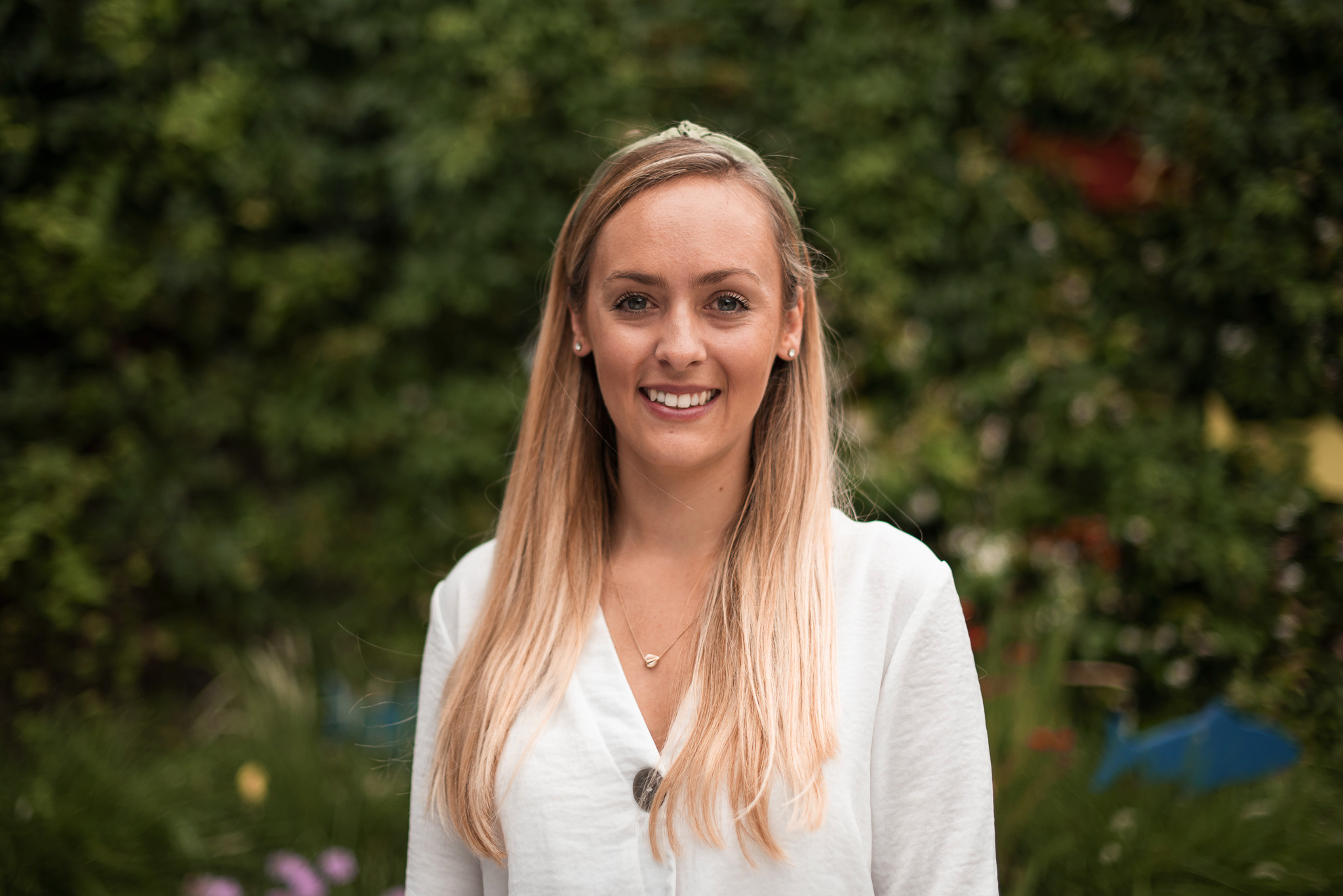
"But it’s not only changes needed at the early school stage; shifts in the industry are needed. Hiring practices need to change and companies should ensure the language they use in job specs is applicable to everyone. For example, using the term 'data ninja' is very male focused, and with men applying for a job if they meet only 60% of the criteria for the role whereas women only applying if they meet 100%, we can’t afford to discourage women from applying."
What are your future plans for Vinehealth?
Dr Rayna: "There are so many it’s difficult to know where to start. We’ve started to work with hospitals delivering the app as part of NHS services. We’re also working with researchers and drug developers, so patients involved in research studies can report how they’re doing more easily. We’re working with lots of charities to offer more accessible support through technology."
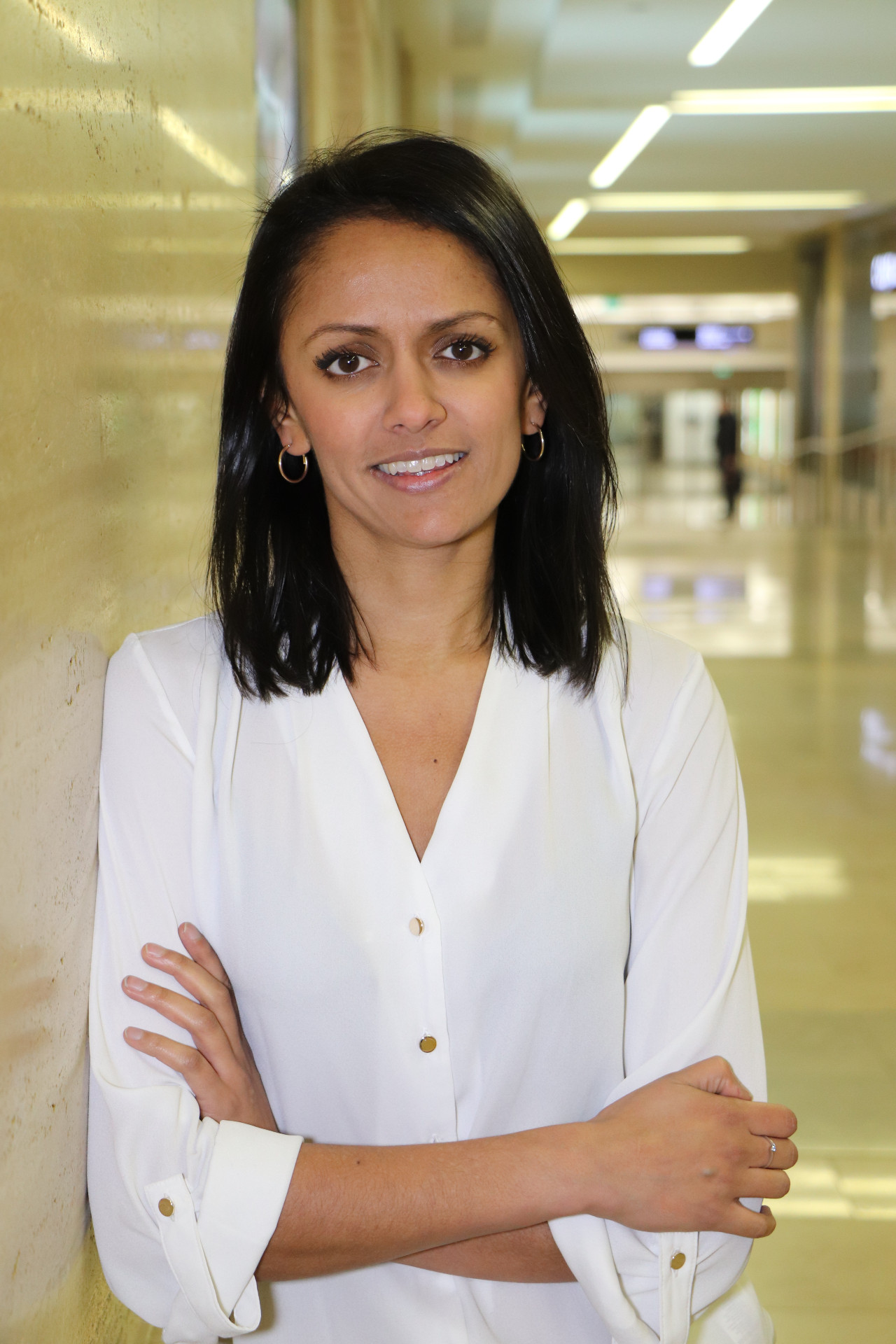
"We’ll be making Vinehealth available in other countries over the next few years. Our aim is always to hear from as many people living with cancer as possible, so that we build exactly what they need - if you or anyone you know is having a tough time and might be helped by the app, we’d love to hear from you."
Maria Coole is a contributing editor on Marie Claire.
Hello Marie Claire readers – you have reached your daily destination. I really hope you’re enjoying our reads and I'm very interested to know what you shared, liked and didn’t like (gah, it happens) by emailing me at: maria.coole@freelance.ti-media.com
But if you fancy finding out who you’re venting to then let me tell you I’m the one on the team that remembers the Spice Girls the first time round. I confidently predicted they’d be a one-hit wonder in the pages of Bliss magazine where I was deputy editor through the second half of the 90s. Having soundly killed any career ambitions in music journalism I’ve managed to keep myself in glow-boosting moisturisers and theatre tickets with a centuries-spanning career in journalism.
Yes, predating t’internet, when 'I’ll fax you' was grunted down a phone with a cord attached to it; when Glastonbury was still accessible by casually going under or over a flimsy fence; when gatecrashing a Foo Fighters aftershow party was easy-peasy-lemon-squeezy and tapping Dave Grohl on the shoulder was... oh sorry I like to ramble.
Originally born and bred in that there Welsh seaside town kindly given a new lease of life by Gavin & Stacey, I started out as a junior writer for the Girl Guides and eventually earned enough Brownie points to move on and have a blast as deputy editor of Bliss, New Woman and editor of People newspaper magazine. I was on the launch team of Look in 2007 - where I stuck around as deputy editor and acting editor for almost ten years - shaping a magazine and website at the forefront of body positivity, mental wellbeing and empowering features. More recently, I’ve been Closer executive editor, assistant editor at the Financial Times’s How To Spend It (yes thanks, no probs with that life skill) and now I’m making my inner fangirl’s dream come true by working on this agenda-setting brand, the one that inspired me to become a journalist when Marie Claire launched back in 1988.
I’m a theatre addict, lover of Marvel franchises, most hard cheeses, all types of trees, half-price Itsu, cats, Dr Who, cherry tomatoes, Curly-Wurly, cats, blueberries, cats, boiled eggs, cats, maxi dresses, cats, Adidas shelltops, cats and their kittens. I’ve never knowingly operated any household white goods and once served Ripples as a main course. And finally, always remember what the late great Nora Ephron said, ‘Everything is copy.’
-
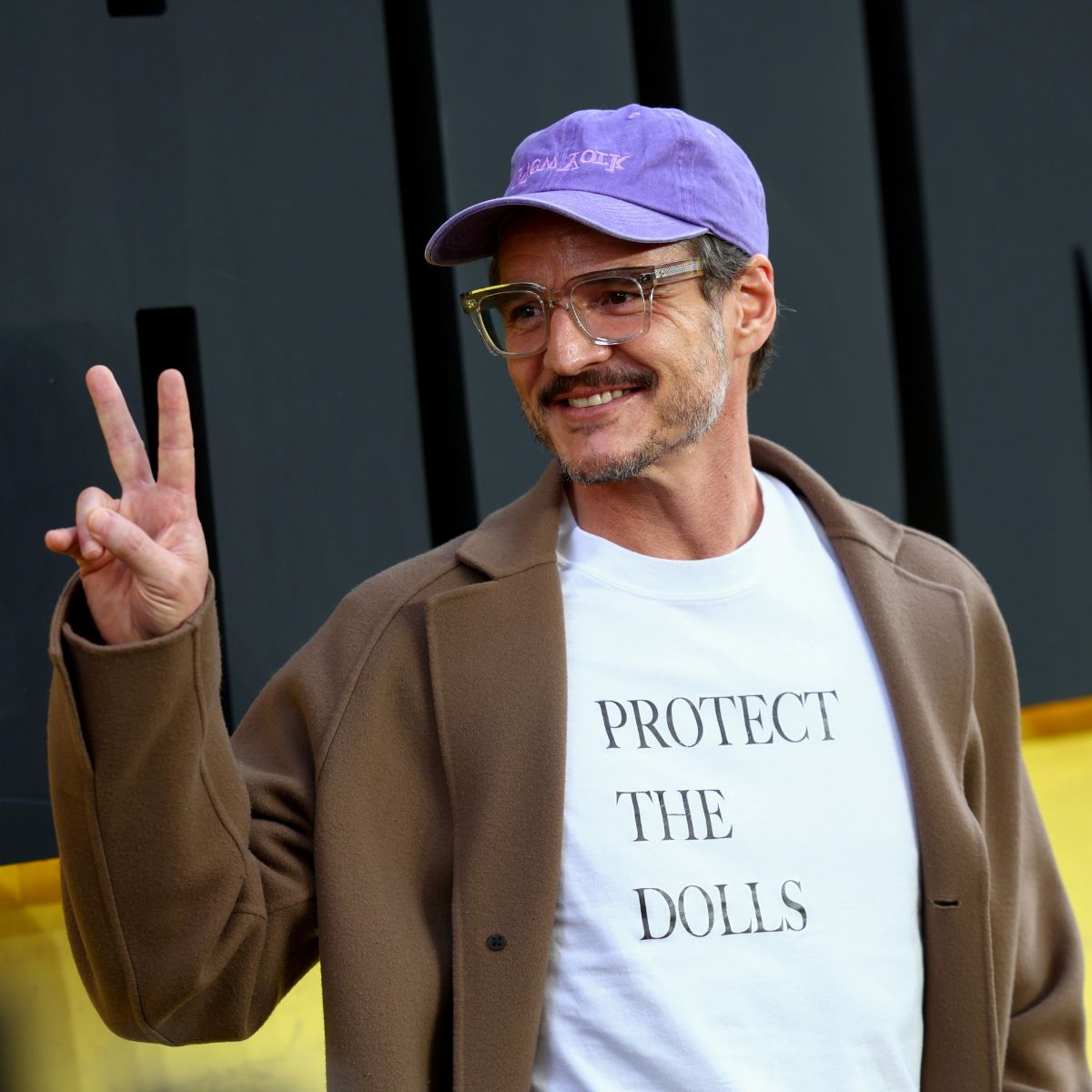 How the slogan t-shirt became this season's must-have - and why it's more than just another trend
How the slogan t-shirt became this season's must-have - and why it's more than just another trendNot just another Nineties throwback
By Clementina Jackson
-
 How are Trump’s tariffs affecting the fashion industry?
How are Trump’s tariffs affecting the fashion industry?The fluctuating situation in the US is having very real consequences
By Rebecca Jane Hill
-
 Here's every character returning for You season 5 - and what it might mean for Joe Goldberg's ending
Here's every character returning for You season 5 - and what it might mean for Joe Goldberg's endingBy Iris Goldsztajn